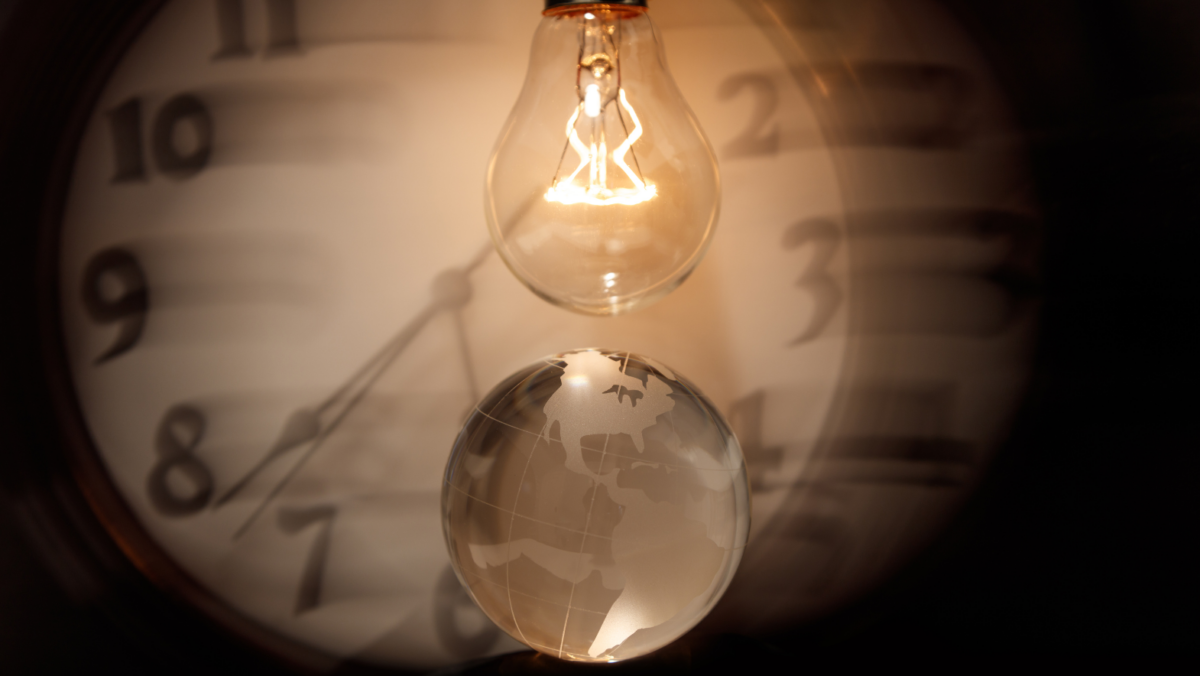Earth is spinning so fast, clocks might need to skip a second
 Time is of the essence. But soon we might lose one second of our precious 24 hours as Earth continuously changes the way it spins.
Time is of the essence. But soon we might lose one second of our precious 24 hours as Earth continuously changes the way it spins.
While we can’t fathom the mystifying nature of our planet, scientists discovered that Earth is spinning faster than normal, looking to possibly mess with our clocks in an unprecedented manner.
A recent study published in the journal Nature found that by 2029, clocks may have to skip a second – or what researchers called a “negative leap second.”
According to this new study, skipping a second is plausible in a few years. Duncan Agnew, a geophysicist from the Scripps Institution of Oceanography, says it is “an unprecedented situation and a major event.”
While it wouldn’t spark chaos, it’s a relevant indicator that we’re living in unusual times.
Earth is spinning faster than it used to. Clocks might have to skip a second to keep up. https://t.co/CAj1kg5GlE
— CBS Evening News (@CBSEveningNews) March 28, 2024
You may also like: Are you ready for an earthquake? Here’s how to be prepared
Why is Earth spinning rapidly
Earth’s rotation speed has always been volatile. However, influenced by several factors, it is speeding up and one of the surprising culprits is climate change. Melting ice at Earth’s poles is a major factor. As ice melts and water redistributes, it affects the planet’s rotation.
“We’re heading toward a negative second,” says Dennis McCarthy, weather director at the US Naval Observatory.
This isn’t the first time Earth’s spin has changed abnormally. Back in 2022, the planet recorded its shortest day ever as the earth had spun faster than usual.
5 reasons why Earth is spinning faster than usual .#Earth #spinning #study #Nature #reason #needtoknow #science pic.twitter.com/G8ehcJ8boS
— Asianet Newsable (@AsianetNewsEN) May 21, 2024
Judah Levine, a physicist at the National Institute of Standards and Technology, noted that while Earth’s slowdown due to tides has been consistent, shorter-term trends significantly affecting Earth’s core add uncertainty.
Since 1972, timekeepers have added 27 leap seconds to sync atomic time with astronomical time. However, with today’s tech-dependent world, these time adjustments can cause problems.
In 2012, adding a leap second caused issues for companies like Linux, Reddit and Qantas Airlines.
While the debate about leap seconds continues, tech giants like Google and Amazon have already learned some workarounds — adding fractions of a second throughout the day to avert disruptions.
Earth might continue spinning faster. Who knows, your next glance at the clock might be a split second of cosmic history in the making.

